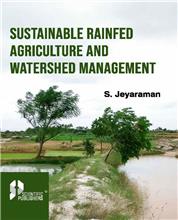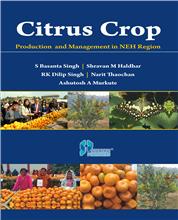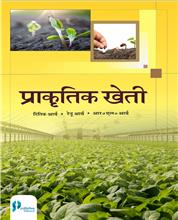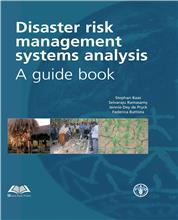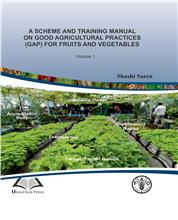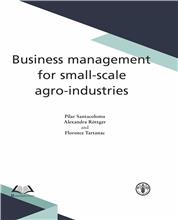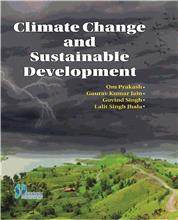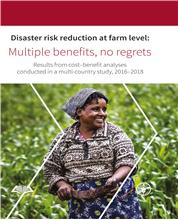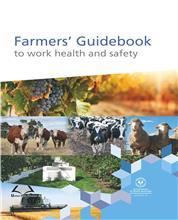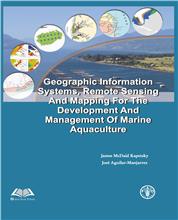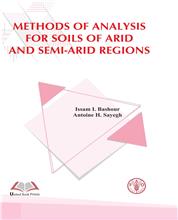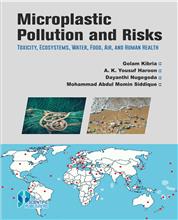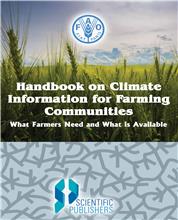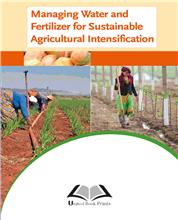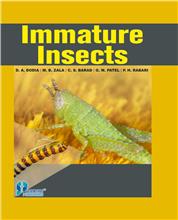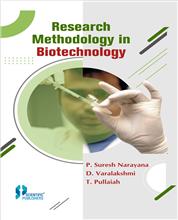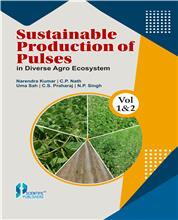The pathological problems of
plants are as old as agriculture. They have always been important to human
beings because they pose serious threat to plants and products of importance.
The host- pathogen interaction is a serious struggle for survival between the
two. However, both the plants and their pathogens, under their natural habitat,
attain a condition of balance so that both can survive. Had it not been so,
either weak pathogens or the susceptible hosts would not have existed.
Subsistence agriculture, under conditions of low fertility, poor seed, low
moisture and other inputs, does not allow development of epidemics due to an
ecological equilibrium between host and pathogen. In contrast, the modern
agriculture, harnessing the inherent higher potential of present day cultivars,
involves extensive monoculture over large area coupled with improved tillage,
fertigation, etc. is responsible for creating conditions favourable for
diseases to develop to an epidemic proportion. They cause immense yield losses
covering vast land areas stretching over hundreds of thousands of hectares in
different countries. Simply, the large number of plant diseases/pests is enough
to prove their importance. But many of them have historic and economic
significance. Hence, they were studied at length at the expense of large amount
of funds and scientific manpower. This is also because of their pandemic nature
and catastrophic effects. No doubt the present day knowledge has been able to
tame many important diseases yet some others are continuing to baffle human
beings with their unpredictable nature and serious destructive ability.
Nevertheless, in any given crop and environment, only a few diseases stand
apart due to their major economic importance. Development of a disease is
naturally based on the presence of pathogen(s) and its interaction with the
host and all concerned facets of cropping. Therefore, the easiest approach
always had been and would remain preventing the pathogens from causing
infections and/or to reduce their spread and effects.


